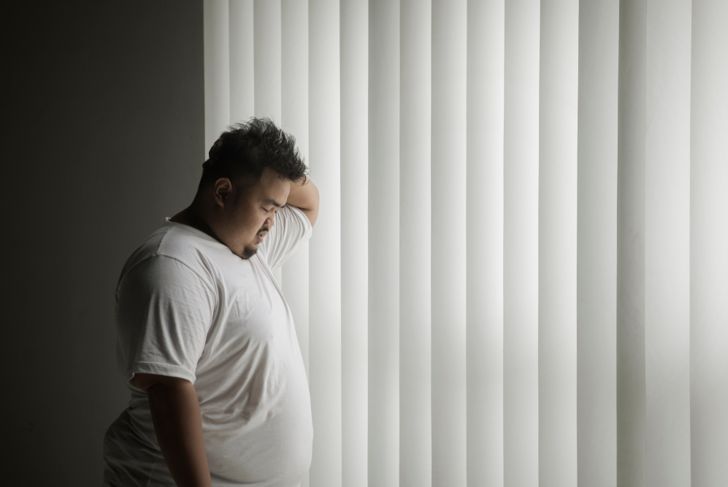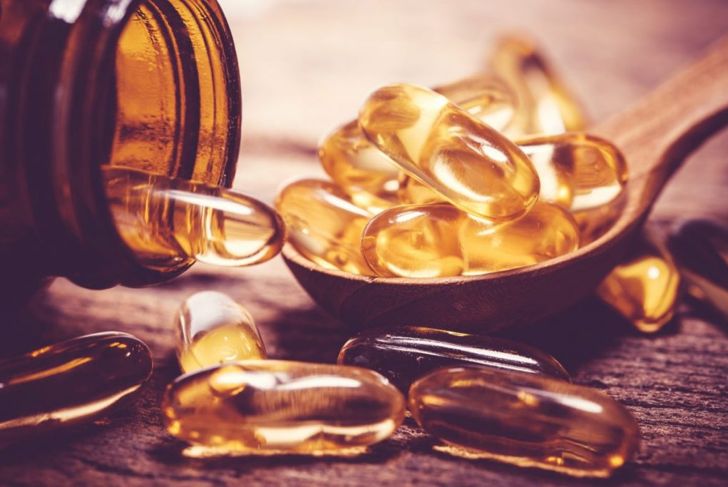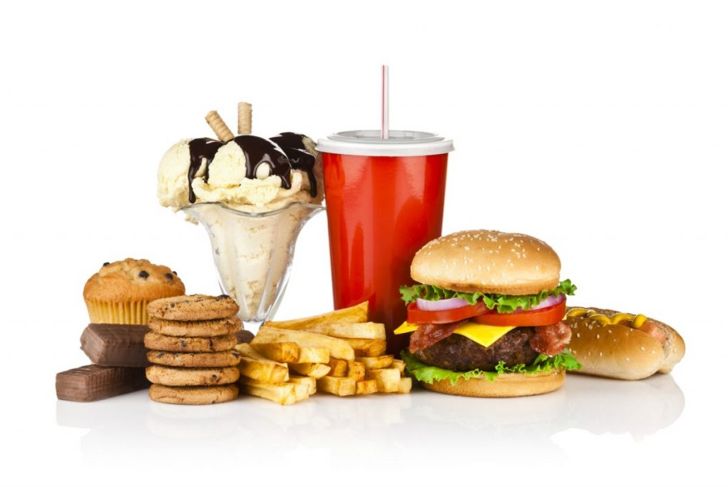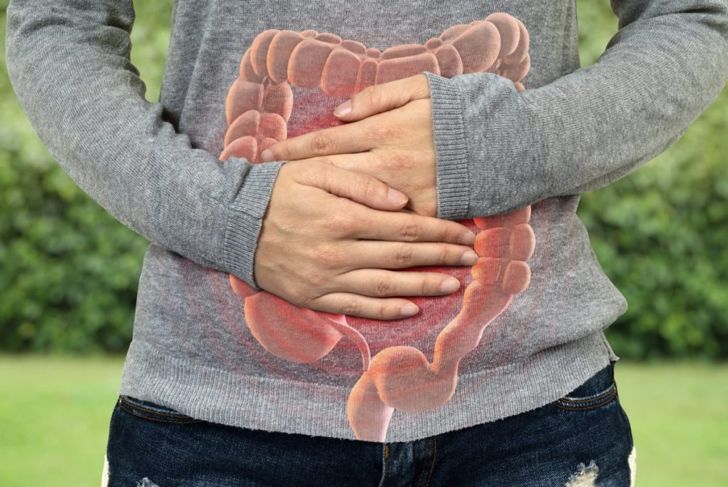Diverticulitis is the most severe diverticular disease. New research findings suggest that many theories as to what causes the disease are no longer valid. For example, in the past, physicians advised individuals with diverticulitis to avoid nuts, seeds, or popcorn. Research no longer supports that theory. Studies have not only identified new causes of diverticulitis but new, more effective methods of treatment, as well.
Genetic Factors
Doctors now know that diverticulitis is likely an inherited disease. About 40% of cases are hereditary. A Swedish study found that if an individual has a fraternal twin who has diverticulitis, their chances of developing the disease increase three-fold. Identical twins have a seven-fold risk in comparison to the general population. Another study found that the same genetic variants that cause aneurysms and hernias may also share a link as a genetic cause of diverticulitis.
Obesity
People with a body mass index (BMI) of over 30 double their chances of developing the disease. However, a 2018 Mayo Clinic study indicated that it was not only tied to BMI but to an increase in waist circumference, specifically. This is because stomach fat increases an individual’s risk of developing diverticulitis. Some ongoing studies suggest that obesity changes the balance of bacteria in the gut, increasing the risk for diverticulitis. Maintaining a healthy body weight through regular exercise and a healthy diet may play a large role in preventing the disease.
Age
People over the age of 60 have a 50% chance of developing the disease. But in recent years, younger populations—people in their 20s and 30s—are developing the disease as well, especially in the States. Diverticulitis occurs in most men before the age of 50, while women typically don’t develop the diagnosis until ages 50 to 70.
Low Levels of Vitamin D
One study published in 2013 points to a connection between diverticulitis and low levels of vitamin D, which serves a role in regulating gut inflammation. The study focused on geographic and seasonal variations in hospital admissions for those with the disease. According to the research, people with higher levels of vitamin D were less likely to be hospitalized due to complications than those with decreased levels of vitamin D. Some doctors advise patients with diverticulitis to take a vitamin D supplement. Research to support this is ongoing, however.
Lack of Physical Activity
People who work in sedentary conditions have a higher prevalence of the diverticular disease. An 18-year study of 50,000 men between the ages of 40 and 75 found fewer cases of the condition among those who had adopted a regimen of certain types of vigorous exercise or regular running. Those who maintained a robust level of physical activity had fewer flare-ups or complications. However, the study also noted that light or moderate exercise, including swimming, biking, or tennis, led to only a slight decrease in complications.
Processed Foods and Red Meat
Many Americans consume large amounts of processed foods and red meat in their diets. The consumption of refined grains, sweets, fried foods, high-fat dairy products, and red meat may lead to a higher incidence of diverticulitis. Chemicals and preservatives present in processed foods can harm an individual’s gut microbiome, bacteria that play a crucial role in healthy digestion. Eating too much-processed meat causes alterations in the gut, which may also contribute to diverticulitis. Additionally, many processed foods are high in calories and low in nutritional value, which causes weight gain.
Smoking
A 2018 study showed that smokers might be more likely to experience recurrent diverticulitis than non-smokers. Although researchers have not yet been able to pinpoint why the disease is more prevalent among smokers, they advise those dealing with diverticulitis to reduce the amount they smoke.
Alcohol Overindulgence
Experts say that excessive alcohol consumption increases an individual’s risk of developing diverticulitis. Although studies are ongoing as to why this occurs, some researchers suggest that alcohol makes the colon vulnerable to diverticula, marble-sized pouches that develop in the weak places in the colon. If these pouches become inflamed, they sometimes burst and cause diverticulitis. Studies also suggest that heavy alcohol consumption may double or even triple an individual’s risk of developing the disease.
Low-Fiber Diets
Diverticulitis is becoming more common in the U.S., and most experts say that a diet that is high in fiber plays a crucial role. This may be due to the way fiber bulks up an individual’s stool, requiring less pressure from the colon. A person who adopts a low fiber diet has a drier stool that is harder to push out. Stool that sticks in the colon can become infected and lead to diverticulitis. There is no evidence that a high-fiber diet will prevent diverticular pouches. However, medical researchers say a fiber-rich diet may prevent diverticulitis.
Lack of Fluid Intake
The body needs to stay hydrated to function. Constipation, straining, and dehydration can all contribute to diverticulitis. People who do not drink enough fluids have an increased risk of developing the disease. Increasing fiber intake alone will not deter the development of diverticulitis if the individual doesn’t consume enough water or fluids each day as well. The fiber needs water to increase stool bulk and allow it to move through the colon without causing increased pressure.

 Home
Home Health
Health Diet & Nutrition
Diet & Nutrition Living Well
Living Well More
More




















